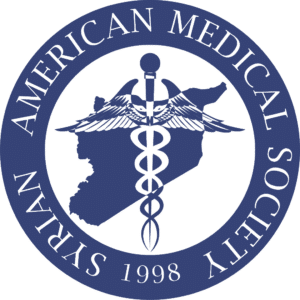Syria
Syria
SAMS in Syria
Since 2011, Syria has endured one of the world’s most protracted and devastating humanitarian crises. Years of armed conflict, economic collapse, pandemic strain, and natural disasters have left critical infrastructure in ruins. Today, nearly 16.7 million Syrians require humanitarian aid, and 15.8 million urgently need healthcare.
More than 7.4 million Syrians remain internally displaced. Most live in overcrowded camps or informal settlements with poor sanitation and limited access to basic care. In Northwest Syria, 9 in 10 children lack a minimally adequate diet. Healthcare facilities are collapsing, only 57% of hospitals and 37% of primary care centers remain fully functional.
Amid these challenges, SAMS continues to deliver life-saving care, support local health systems, and respond to emergency needs with a growing focus on rebuilding. The collapse of the Assad regime in December 2024 marks a new phase. As the country begins the difficult path to recovery, SAMS is committed to supporting health system rehabilitation as a foundation for long-term stability.
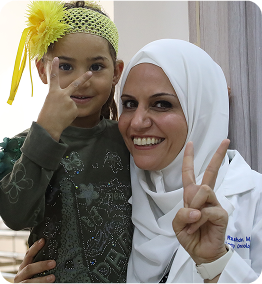
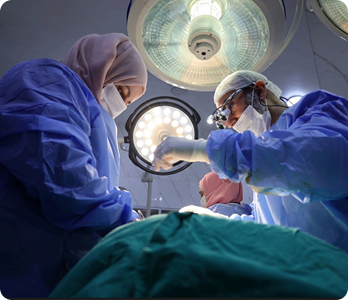
Impact in Syria
Snapshot of Our Reach

40
medical facilities operated, including 12 hospitals and 3 mobile clinics
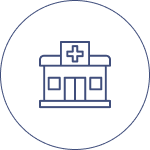
9,000
Over 9,000 medical services provided daily
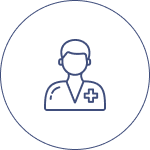
6
Services across 6 governorates including Idlib, Aleppo, Hama, Homs, and Latakia

Ongoing support
For dialysis, maternity care, oncology, mental health, and surgery

Expanded services
Expanded services to detainees and recently displaced populations
SAMS Activities in Syria
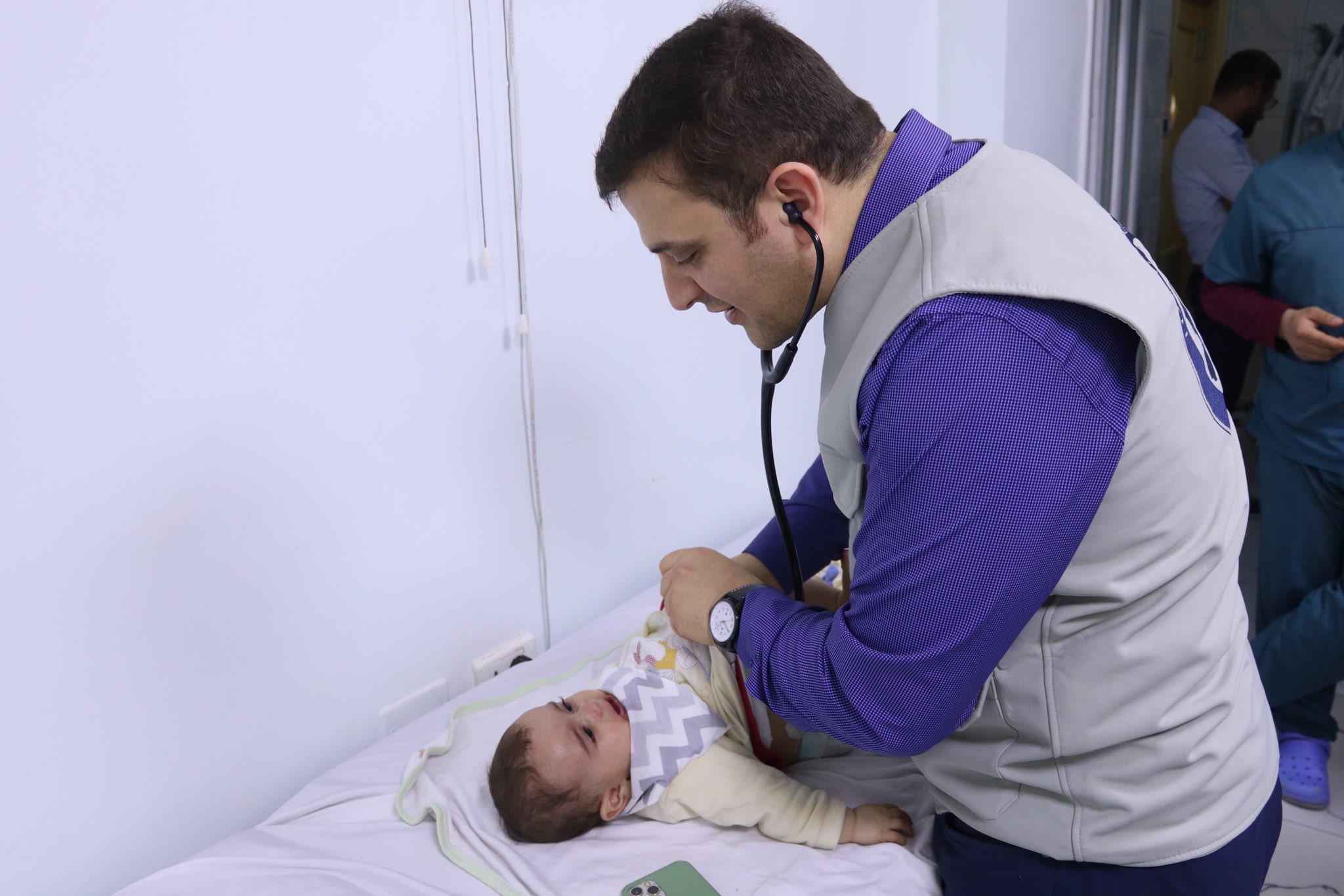
Emergency Relief and Primary Care
SAMS delivers critical frontline healthcare across northern Syria through mobile units and fixed clinics.
- Trauma care and surgical stabilization in conflict zones like Aleppo and Idlib
- Vaccination campaigns and outpatient consultations
- Maternal and child health support, including prenatal care
- Filling gaps in overstretched local health systems

Mental Health and Psychosocial Support (MHPSS)
SAMS offers mental health care for displaced individuals and healthcare workers affected by the crisis.
- In-person and remote therapy, including telepsychiatry in Idlib
- Group sessions, art therapy, and play-based interventions
- Family assessmenTrauma counseling for survivors of war and violencets and referral pathways
- Mental health support for local healthcare providers
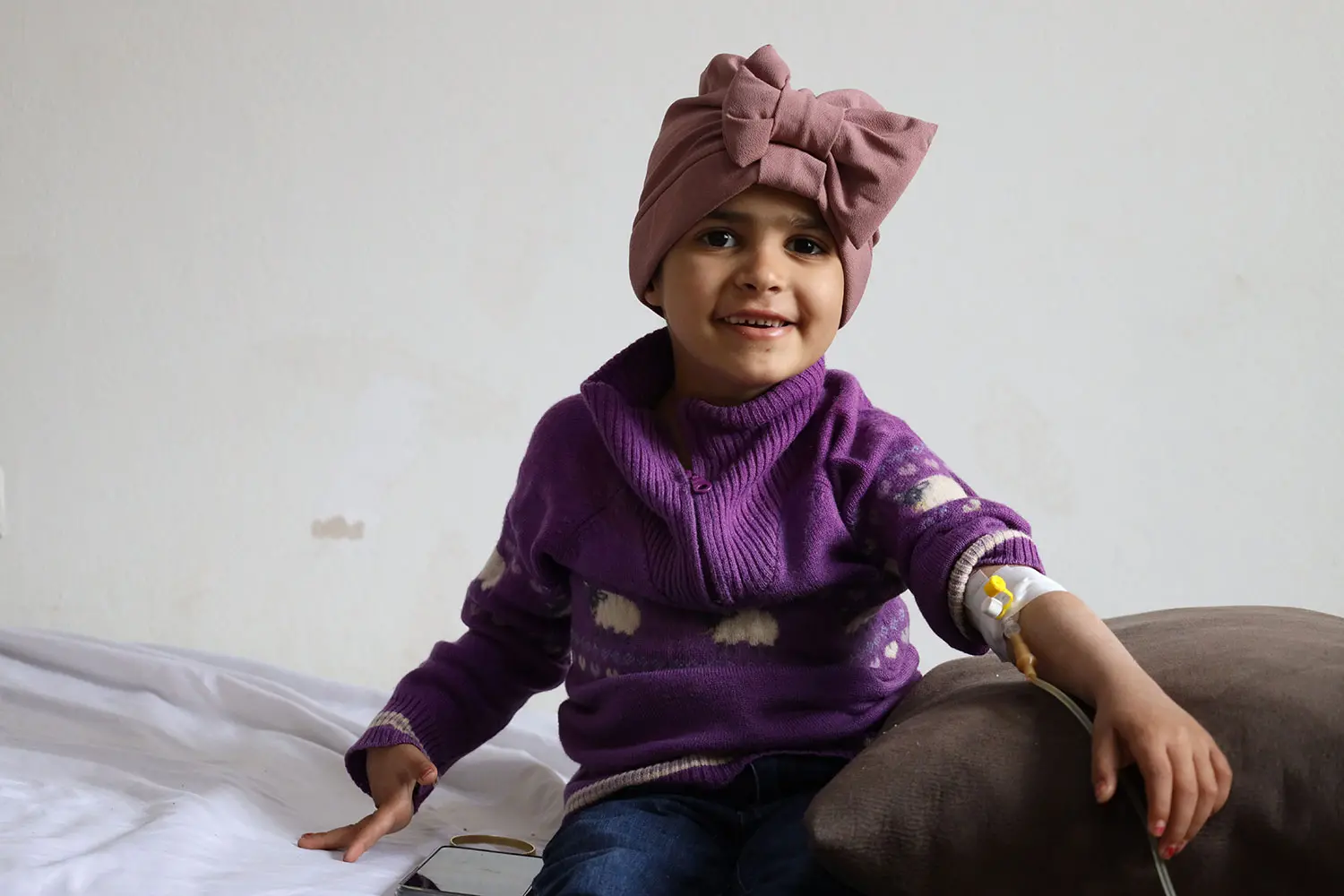
Chronic and Specialized Care
SAMS provides ongoing care for patients with complex or long-term conditions.
- Dialysis, cardiology, and reproductive health services
- Two oncology centers offering free cancer treatment
- Pediatric cancer and lymphoma care close to home
- Reduced need for patients to travel abroad for treatment
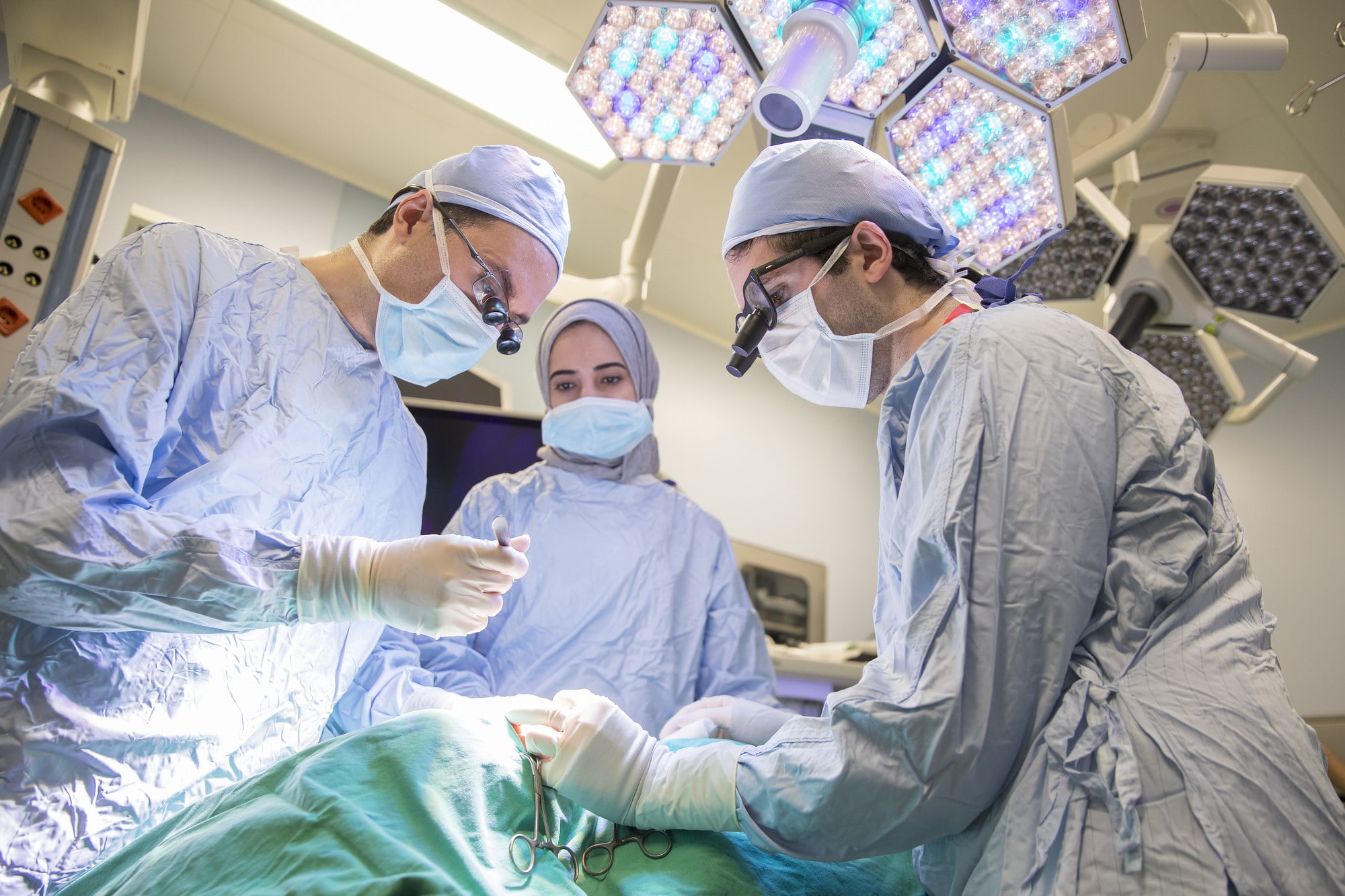
Medical Missions and Staff Support
SAMS combines international expertise with local capacity building to expand specialized care.
- Volunteer missions for surgery, trauma care, and chronic illness
- Training and mentoring for Syrian healthcare workers
- Psychological support and stipends for frontline staff
- 39 hospitals reached across 8 regions in 2023 alone
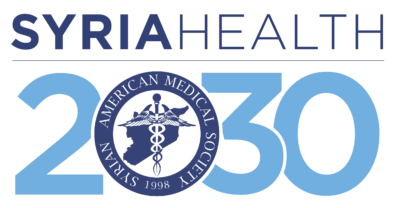
A Phased Vision for Recovery
SAMS’ Syria Health 2030 initiative is a long-term effort to rebuild Syria’s healthcare system. With a strategic three-phase approach, emergency relief, health system restoration, and centers of excellence, it responds to urgent needs while laying the groundwork for lasting, resilient care.
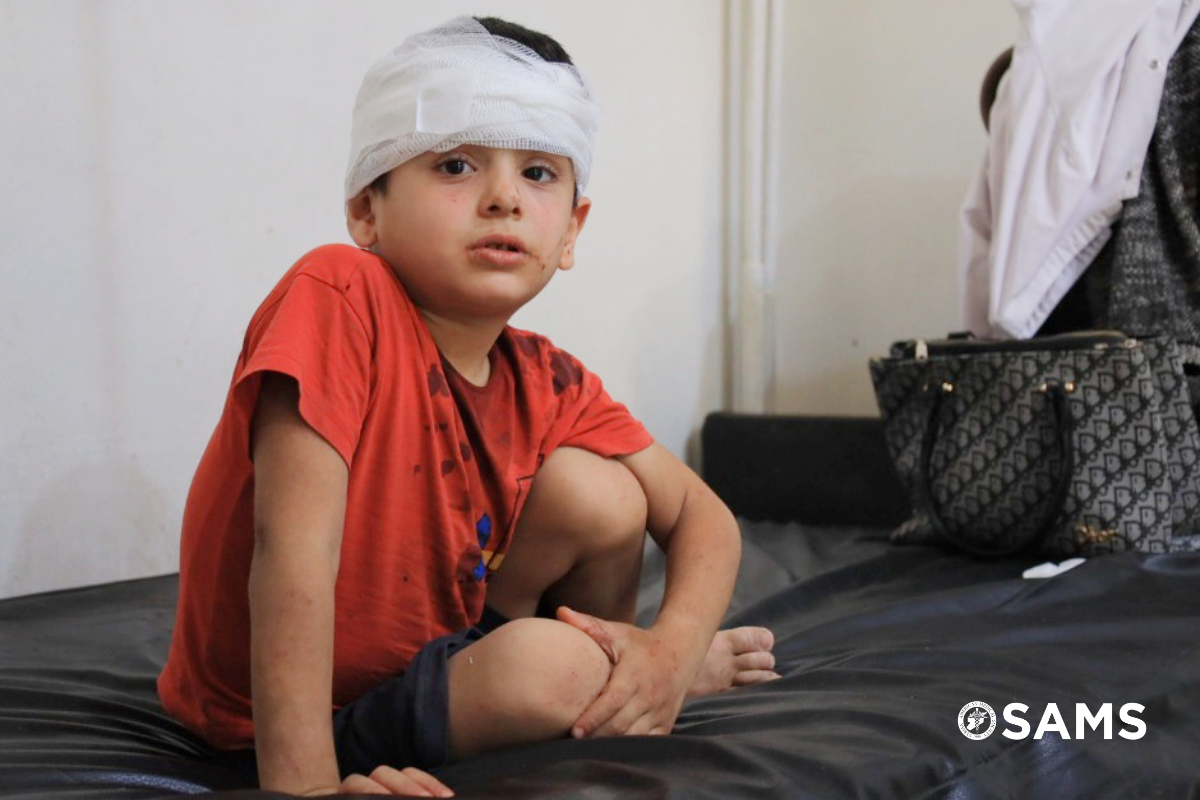
Phase 1 – Emergency Relief
- Mobile clinics and trauma services in conflict-affected areas
- Daily operations at over 30 facilities in northern Syria
- Emergency maternity and dialysis support in Aleppo
- Bread and food distribution through local partners
- Mental health outreach to detainees and displaced individuals
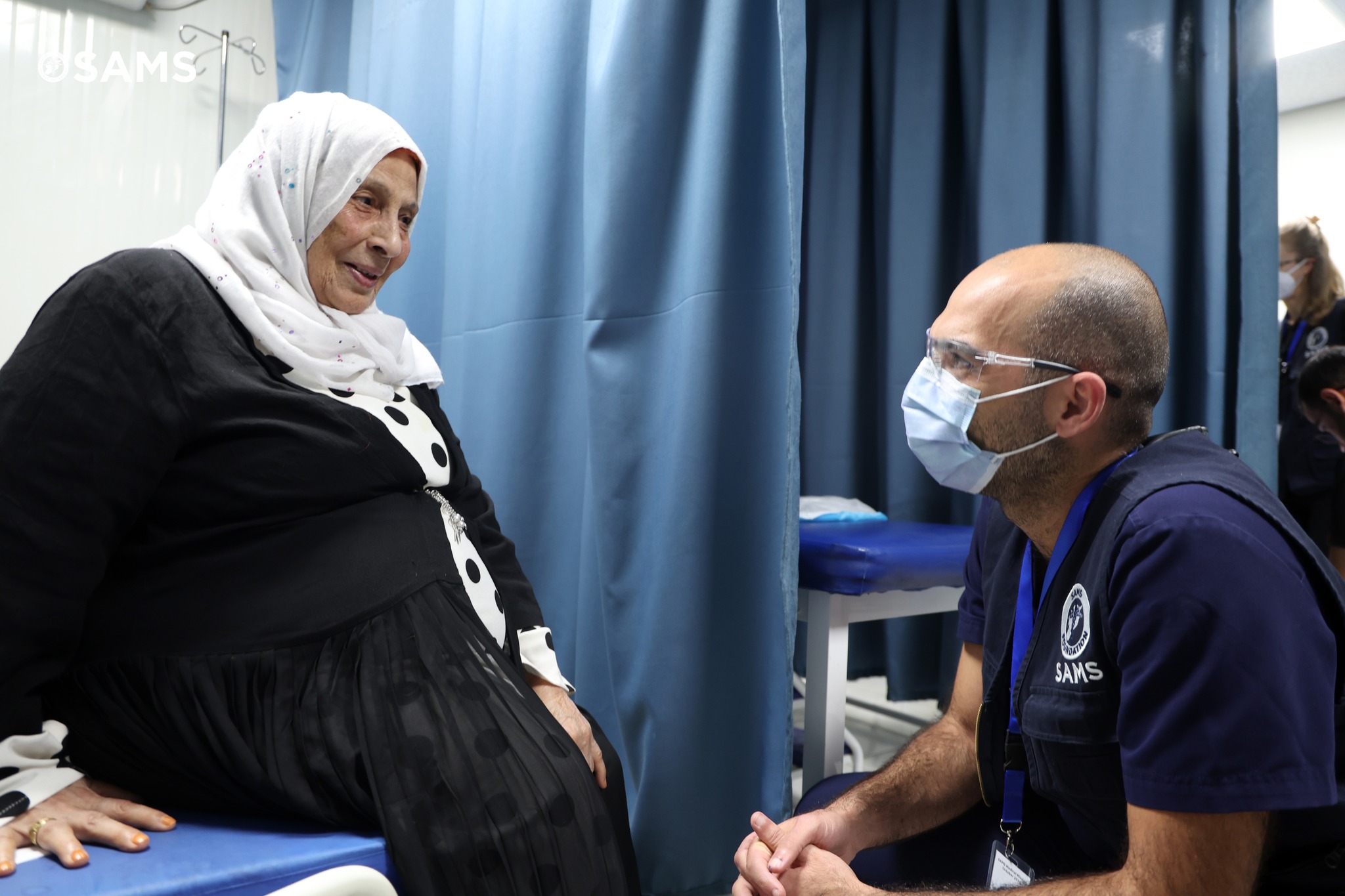
Phase 2 – Health System Restoration
- Hospital rehabilitation and ICU expansion in Idlib and Hama
- Workforce training and telemedicine programs
- Public health improvements in hygiene and waste management
- Mental health break rooms established in 27 hospitals
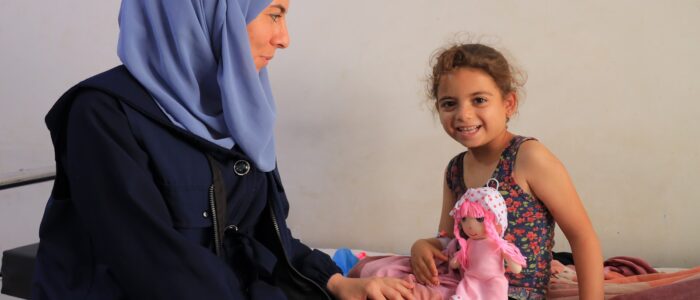
Phase 3 – Centers of Excellence
- Development of advanced facilities for oncology, cardiology, and pediatrics
- Integration of specialized services in underserved regions
- Long-term planning for resilient and accessible healthcare delivery
- Ongoing training for psychology students, social workers, and frontline community actors
SAMS Partners
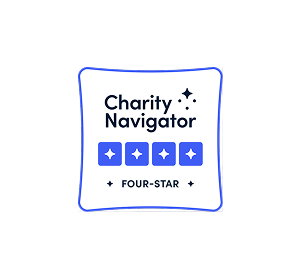

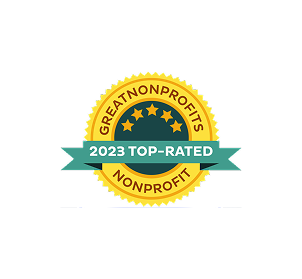

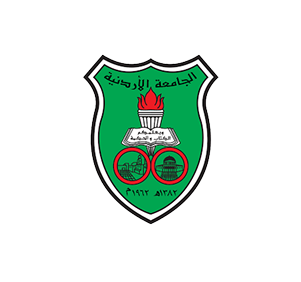
Populations We Serve
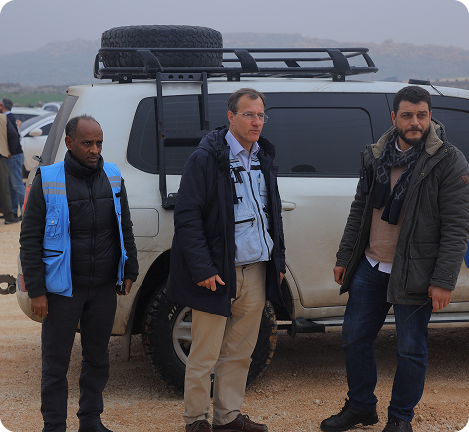
Internally Displaced Persons (IDPs)
SAMS prioritizes care for the 7.4 million Syrians displaced within the country. Clinics in camps and remote areas address their unique needs, from acute injuries to chronic illness.
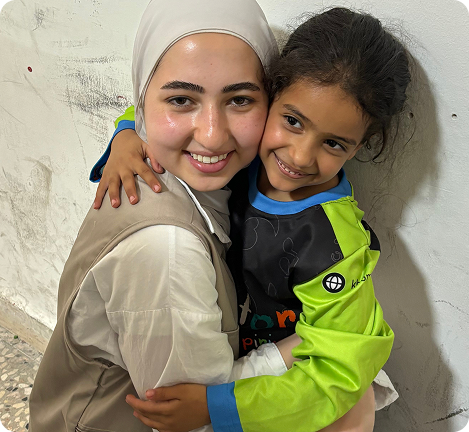
Women and Children
In Idlib, where nearly 50% of residents are displaced, SAMS supports maternal and child health through pediatrics, OB/GYN services, and nutrition programs. SAMS also provides vaccines and care for malnourished children.
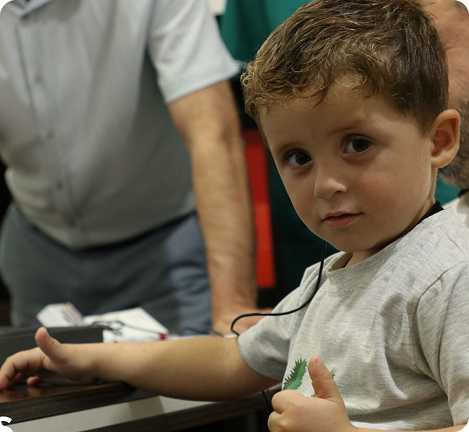
People with Disabilities
Through physical rehabilitation, mental health support, and mobile outreach, SAMS delivers tailored services to patients with mobility or sensory impairments.

Underserved Communities
From remote villages to urban centers affected by conflict, SAMS extends care to those excluded from traditional health systems, including the elderly, patients with cancer, and dialysis recipients.
SAMS Medical Missions in Syria
From surgical oncology to general trauma response, SAMS missions have brought international medical teams to Syrian hospitals, training local providers and filling urgent care gaps. Missions are scheduled throughout 2024 and beyond.

